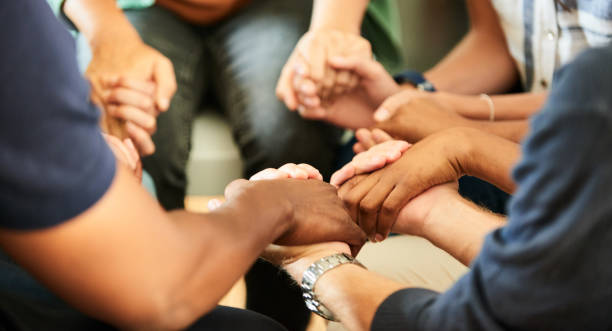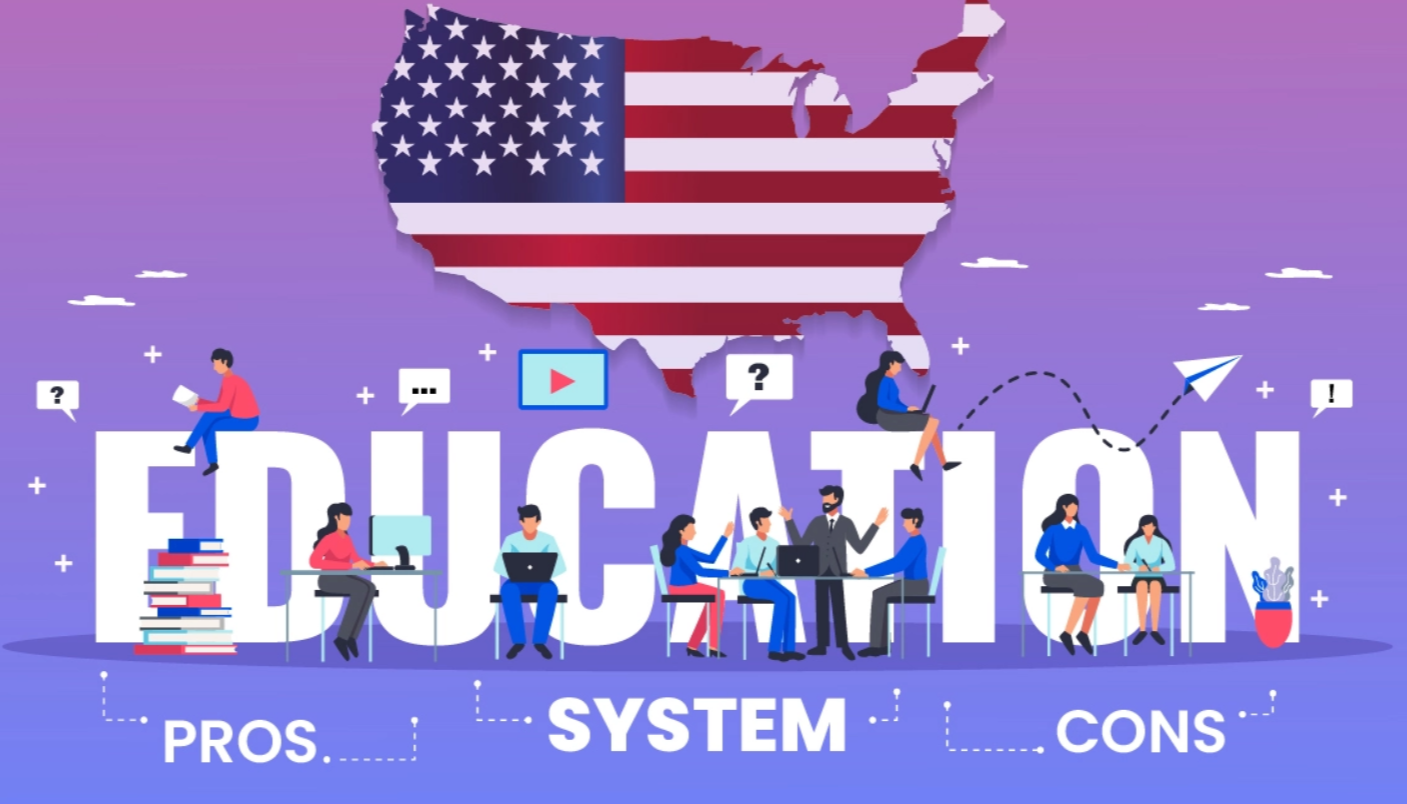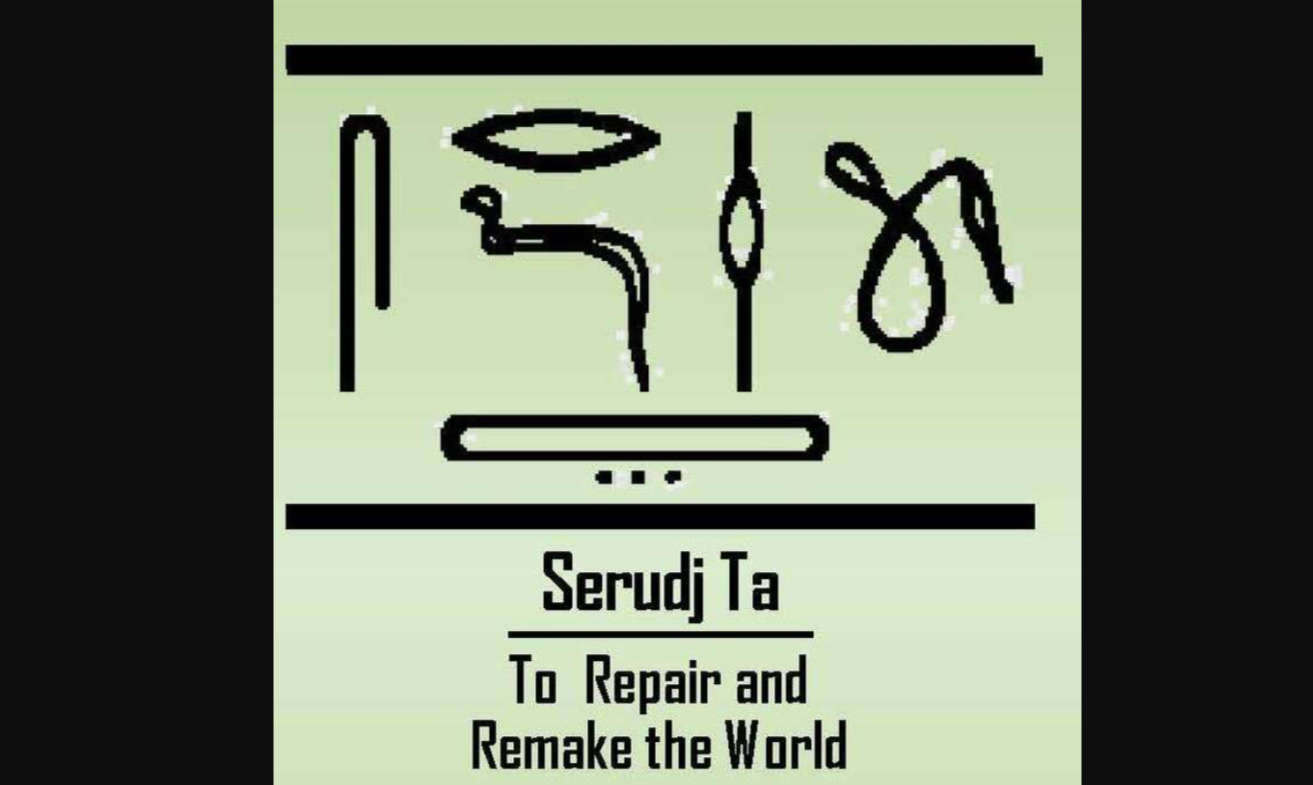(ThyBlackMan.com) Just because I like to talk doesn’t mean I don’t like to listen. I see and appreciate the feedback that “Frank Love” readers provide each week. And there are often comments that inspire me to continue the conversation. In response to a recent blog about verbal abuse, Jim Accetta, an accomplished coach and speaker, seemed to suggest that there was more to this topic than I covered. He referenced his article, “What is Emotional Abuse?“, in which he quotes Beverly Engle, author of The Emotionally Abusive Relationship:
Emotional abuse can be defined as any nonphysical behavior that is designed to control, intimidate, subjugate, demean, punish or isolate another person through the use of degradation, humiliation or fear.
He goes on to list ways people “abuse” one another, often unintentionally. This list includes withholding, judging, threatening and trivializing – ways that  many people, in varying degrees, attempt to control interactions with their partners. I find the document thoughtful and agree that each of his examples can be categorized as bad or improper treatment, the literal definition of the word. But “bad” or “improper” are so subjective that to call the way one person interacts with another “abuse” – a term that conveys a special ugliness and helplessness – gives anyone who wants to be a victim free license to consider him or herself one.
many people, in varying degrees, attempt to control interactions with their partners. I find the document thoughtful and agree that each of his examples can be categorized as bad or improper treatment, the literal definition of the word. But “bad” or “improper” are so subjective that to call the way one person interacts with another “abuse” – a term that conveys a special ugliness and helplessness – gives anyone who wants to be a victim free license to consider him or herself one.
On the other hand, those who refuse to be victims, who want and demand power over their own lives, can choose to learn and grow from their experiences, rather than telling themselves and other that they are being “abused.” This is why I maintain the position that I took in my verbal abuse blog and in an earlier one on physical abuse: If you can learn or grow from an experience, it isn’t abusive. It is a learning experience. And there is no such thing as “verbal abuse” when you decide to live a life rooted in your strength.
I recently heard Jay-Z discussing the neighborhood in which he grew up. He explained:
Sometimes on Sunday at eleven o’clock, there would be young guys running through the projects with Uzi machine guns and shooting. And you would have to run into your building. In 15 minutes, when they’re gone, you come back outside and finish playing.
It built my character. It built my resolve. It built my strength. It developed certain paranoia. It taught you these values. And taught you integrity. And taught you honesty. It taught you toughness as well. Because you needed that to survive. It was a brilliant upbringing.
Talk about an opportunity to characterize yourself as a victim – of a “bad” environment, an “improper” upbringing or an “abusive” neighborhood. Some children in this situation might even make a case that their parents were abusive for raising them in such a community. Instead, Jay-Z takes a position of power by seeing this experience in a very positive light. He learned and grew from what he lived through. And he used those lessons to propel him to where he is today. Whether we’re talking about abusive relationships or any other unpleasant experience, what (and who) we overcome often makes us who we are. Those struggles can provide us with skills, strategies and insights that lead to success – if we avoid taking the easy way out and crying “victim.”
It boils down to a choice that each individual must make for him or herself: Do you want to be a victim (and believe me, some people enjoy that role)? While the behaviors Accetta describes may be bad and/or improper ways to treat a partner, I would have to perceive myself as weak, incompetent and/or incapable in order to say that that my partner calling me too sensitive (No. 3), forgetting a commitment she made to me (No. 12), or any other manipulative action was “abusive.”
In contrast, you can choose to be a Powerful Person – and know that unless your partner is holding you physically captive, you can change your behavior and influence change in your mate’s. Or you can walk away. You choose your reaction. If you are interested in delving into your power, know that the term “abuse” has none.
Please understand that I do not write this without compassion for people who are hurting. I understand that some may embrace the term “abuse” as a step towards healing, recovery and strength. If your journey leads you down that road, it is the place for you at that given time. I understand. I hope that you do not stay in that place. Because if you wish to feel and believe that you are the most powerful person in your life, you must stop worrying about someone else’s “abusive” behavior and focus instead on empowering yourself. This is my wish for you.
I am listening … again. Please share your thoughts on this issue.
Staff Writer; Frank Love
More more relationship articles, yes tips when it comes to romance visit; FrankLove.Net.
















Wes:
Great reply and good points on this topic. It is true that “choice’ is an individual thing; not a group, peer pressure, and/or ethnic/gendr issue because if the choices are and do be made based on these and other factors; then there would be a lot more crime and other issues related to the current socioeconomic state of the black community.
Like Jay-Z; I grew up and learned from my experiences which, made me focus on what (and who) I was at that point. Drug & Alcohol abuse, jails, loosing jobs, money, and living spaces, etc. etc. etc. The list is endless yet, I favored changing my view of my situation and circumstances which in turn, made me change my view of SELF.
Sure, I cried “victim” and blamed the white man, military, government, and other people, places, things, situations/circumatances,***(PTSD from combat operations I experienced during my military tenure at Ft. Bragg, NC— Grenada Invasion 1983 & the Persian Gulf War 1991, social & military racism, etc. etc. etc.)***
However, ONLY with the GRACE & MERCY of GOD have I been pulled out of my bottomless pit (mentally, emotionally, spitiually, physically); to the current state of my daily life, to wit: I’m currently employed by Dept. of Veterans Affairs–VA Hospital-Miami, Engineering Department; over 13 years “Clean & Sober 1 day at a time”; engaged to be married; 16 months left until I get my B.S Psychology-Substance Abuse; various financial investments and retirement accounts for the “long haul” of life.
So, abuse covers a ton of ground and variables yet, the issue can and does get changed with support groups, therapy, and/or community resources within the black community, as well as other entities however, I just wish a lot of black men & women would quit making excuses, blaming, and settling for less; whether in a current or past abusive relationships, regardless of a specific type of abuse. ‘Been there done that’ and from what “Big Mamma” used to say daily (GOD DON’T LIKE UGLY); meaning: an ugly heart, spirit, mind, and emotional state; not how we look).
It all starts and ends with SELF!!!
Thanks.
James.
Jay-Z is one person. His very experience is unique to him and he alone. Though I admire him, there are many (MANY) others who don’t have the same outlook he has. To some, an unfavorable locale/home can be detrimental.
Also, there are many attributes that contribute to one’s mental state. If one has enough support, he/she has more of a chance to develop a positive outside view.